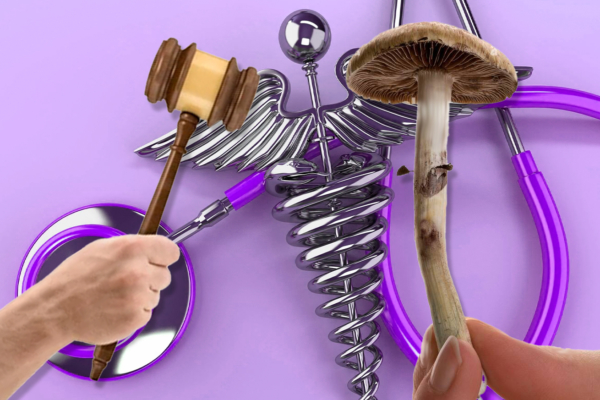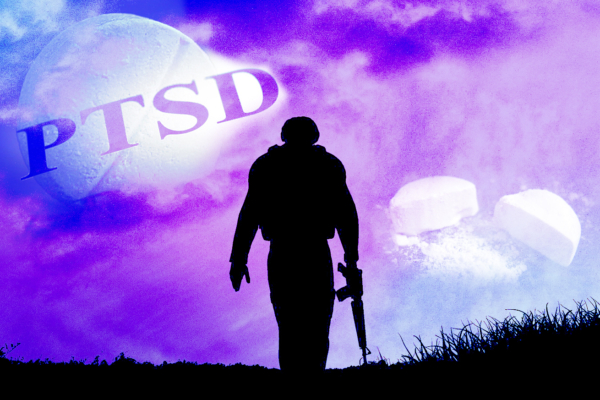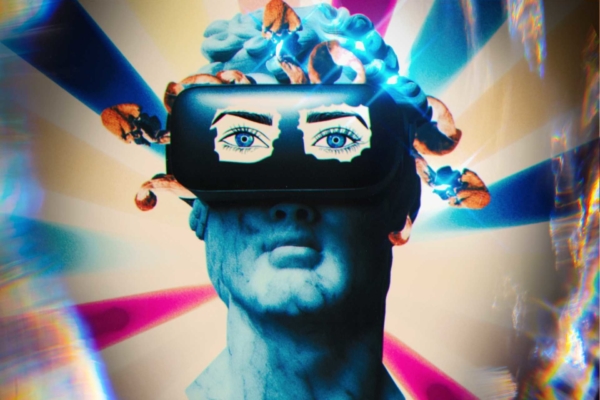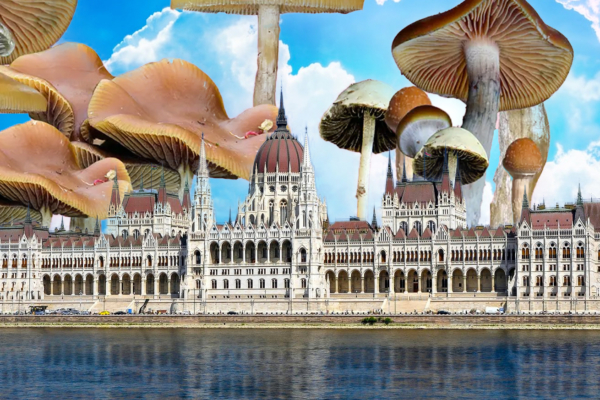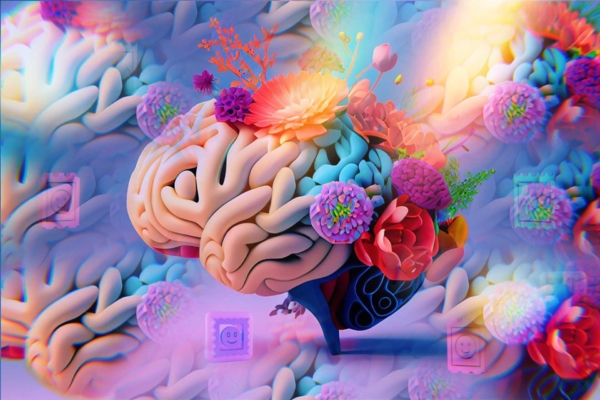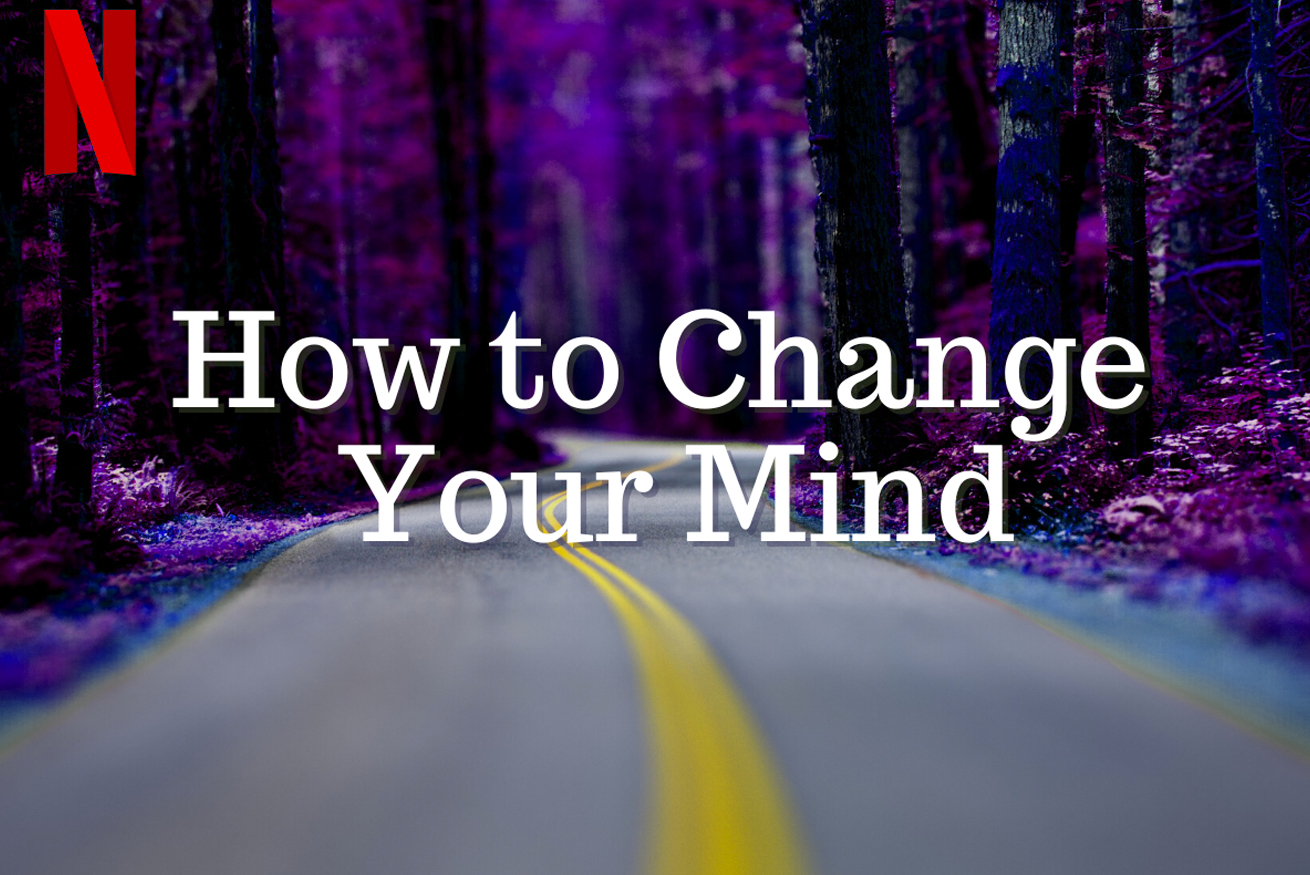
Netflix recently released a new docuseries called How to Change Your Mind, based on Michael Pollan’s book of the same title. In its four episodes, Pollan explores the potential for psychedelic medicines such as LSD, psilocybin, MDMA and mescaline to treat a variety of mental health conditions, from OCD, to depression, to addiction.
As this will be the first time many people are exposed to the new world of psychedelic medicines —or, as Pollan calls it, the Psychedelic Renaissance— it is important to put this docuseries in context. Therefore, in this How to Change Your Mind review, I will aim to do just that.
Quick Score: 7/10
Main Takeaway: How to Change Your Mind is a fun and highly entertaining docuseries showing the potential for psychedelics to heal mental health conditions. While I suggest you watch it, keep in mind that Netflix at times overhypes the potential of psychedelic medicines, while never showing the people for whom it didn’t work.
For those new to the subject of using psychedelics to heal mental health conditions, How to Change Your Mind is a masterclass in showing the potential for psychedelic medicines. Over the course of its four episodes, more than a dozen people who were at rope’s end, desperate to turn their lives around, are introduced to us. Each recounts their struggles in heartbreaking detail, causing me to tear up more than once. Then, with a look of awe on their faces, they tell Pollan how their lives were transformed by a guided psychedelic experience.
In short, this is excellent TV.
My favorite story takes place in the second episode, which focuses on psilocybin, the hallucinogenic compound in magic mushrooms.
In it we are introduced to Ben, who’s battled with crippling OCD his entire life. By the time Ben was an adult, he was suffering with constant anxiety episodes over the slightest chance that he did something incorrectly, such as forgetting to turn off the stove. But it was when he had his firstborn, and Ben’s life became full of panic attacks regarding his son’s safety, that he knew something had to change.
His mind, perhaps.
As a Hail Mary, Ben signed up for a psilocybin-assisted therapy clinical trial which was testing whether the psychedelic could help people with severe OCD.
As Ben recounts his experience to Pollan, beautiful artwork illustrates the story.
While under the influence of psilocybin, Ben relived a traumatic childhood experience where his friend died. But the hallucination kept going. Then, he himself died. Next, he decomposed and became dirt, and eventually grew into a tree. While living as a tree, he saw his human self, playing with his child. Though this sounds scary, from Ben’s perspective, it was beautiful. He was one with the universe, seeing himself in the ultimate third-person perspective. Finally, he relived his whole life and saw how it could be different if he didn’t let his OCD control him. At one point during the experience, which was filmed, Ben murmurs “This is giving me my whole life back!”
Speaking with Pollan, Ben illustrates what his life has been like since his psilocybin experience. He says, “And it got better. Every day since the study, was my best OCD day in my life. And several months out, my symptoms are, I mean, 0…I just don’t have OCD, clinically. So, I mean, I don’t know how to express a more radical transformation than that. I think I’ll always think of my life in terms of before the psilocybin session and after the psilocybin session. I feel the same way about the birth of my son. It’s a beautiful world out there. I don’t know if you’ve noticed, but it’s great!”
Ben’s story is one of many told in the four-part series, which gives hope that help is right around the corner for the millions who suffer —often in silence— with debilitating mental disorders. These stories —usually animated with beautiful art— make How to Change Your Mind one of the most interesting documentaries on Netflix.
Unfortunately, there is a big problem with this adaptation of Michael Pollan’s work. By only showcasing the success stories, after watching four episodes a casual viewer may be left with the impression that psychedelic medicines are a panacea, a silver bullet. In other words, How to Change Your Mind is hopping on the psychedelics hype train, and it’s full steam ahead.
Now, I want to be clear. As I have covered time and time again here at Psychedelic Spotlight, there is A LOT to be excited about. Psychedelic therapy involving compounds such as psilocybin, MDMA, LSD and mescaline has helped heal a lot of people battling their demons.
But they don’t work on everyone. Often, even in the most successful trials, psychedelic-assisted therapy only helps up to a third of people enter remission. In other words, the total success stories we saw in How to Change Your Mind, while very real, are not always the most common outcome. More frequently, patients are helped —sometimes substantially— but they still suffer with their illnesses. Furthermore, some people aren’t helped at all.
Not to mention that in the MDMA episode, which focused heavily on MAPS’ clinical trials treating PTSD, there was no mention of the scandals surrounding these trials.
Again, psychedelic medicines potentially represent a game-changer when it comes to treating mental health. Early studies are showing they are much more effective than our current tranche of mental health drugs, such as SSRIs. But by only showing the successes, even if at one point Pollan acknowledges that this isn’t a silver bullet, the show fails to properly put into context the hope for these next-generation medicines.
Plus —as I mentioned in my review of episode 1, which focused on LSD— when it comes to the topic of microdosing, Pollan pumps up the trend uncritically. While it’s true that perhaps hundreds of thousands of people have benefited from microdosing, when the practice is put under scrutiny in clinical trials, most double-blinded, controlled studies have found the benefits come from the placebo effect. As I said before, that doesn’t mean that microdosing doesn’t work, it is possible the researchers are measuring the wrong variables. But not mentioning this fact is an abdication of duty on the part of the documentary.
In sum, as I said to open this review, Netflix’s How to Change Your Mind is great TV, and it shows the potential for psychedelic medicines. But by not showing the risks and the reality that psychedelics don’t help everyone, the series left me with the impression that it was evangelizing psychedelics. And while I myself am a big proponent of these medicines, there is a danger in only showing the good side.
Despite this, I would still recommend people watch How to Change Your Mind. As I have already said, it is good TV. If you are new to the subject, just remember that not all of the outcomes are as positive as you see on the screen. If you are already well-versed in the subject, you already know this. But within the four-part series are dozens of new, fascinating stories to learn.

